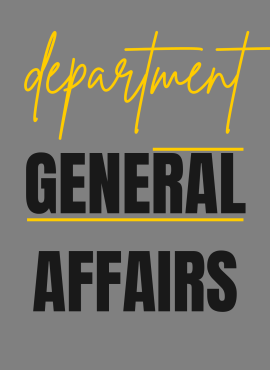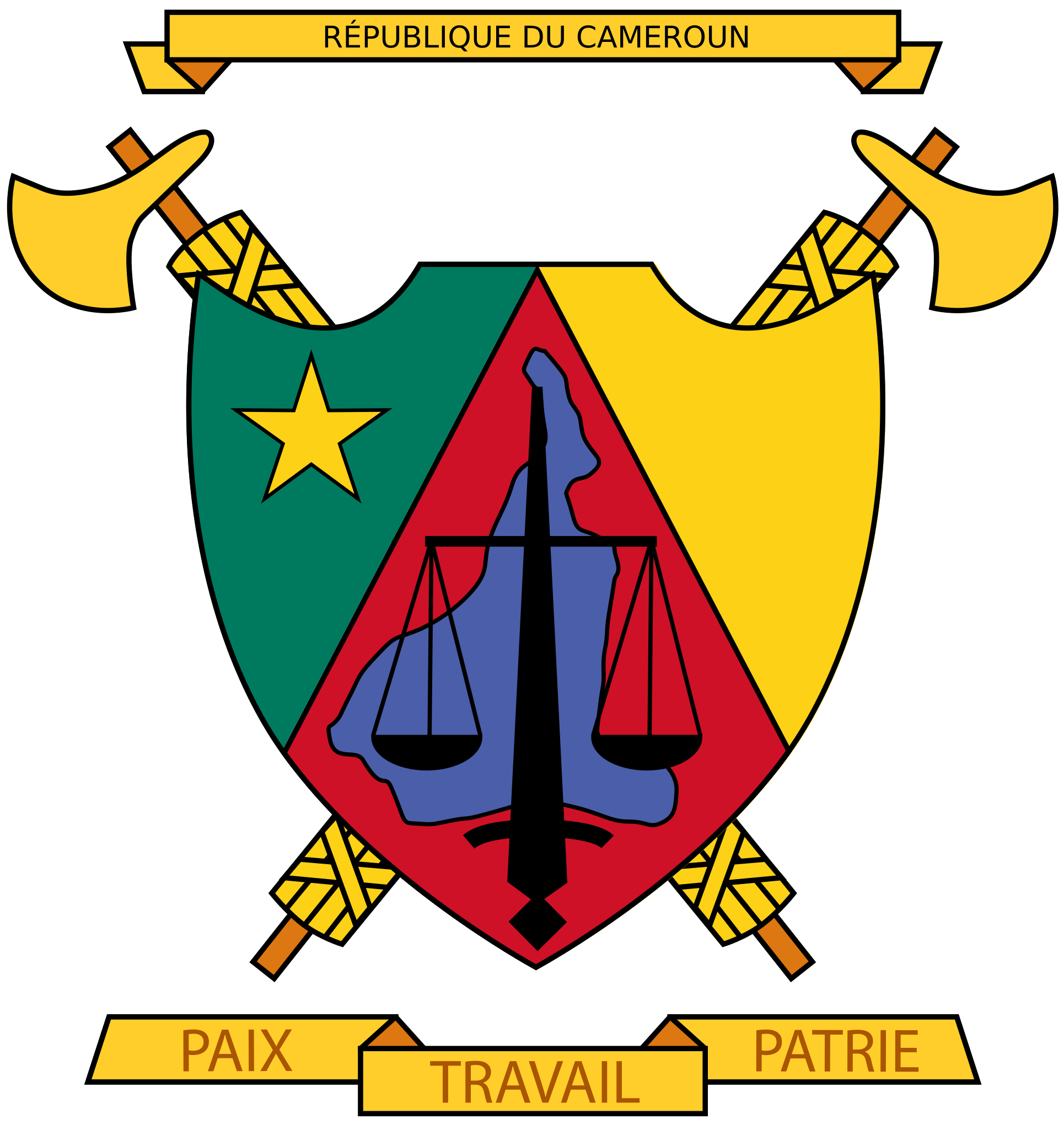- +237 670 000 000
- Monday to Friday: 07:30AM to 04:00PM
COUNCIL HISTORY
- Home
- HISTORY
History of the Mbonge Council
The Mbonge Council was established as part of the decentralization efforts initiated by the Government of Cameroon to bring governance closer to the people and enhance local development.
Mbonge council was created in 1977. It is situated 56km from Kumba. It is part of Meme division of the South West region of Cameroon. The council is made up of 86 villages covering a total surface area of 3000km2 with a population size of over 200.000 inhabitants, which makes it one of the largest councils in the country. Mbonge council is bounded to the North by Kumba council, to the South by Bamusso council, to the West by Ekondo Titi council, and to the East by Muyuka and Idenau councils.
This municipality is sub-divided into four court areas: Mbonge, Kombone, Bekondo and Bomboko. These court areas regroup ethnic groups of common origin.
Mbonge council was created as Mbonge Rural Council in 1977, by Presidential decree No. 77/203 of 29th June 1977. Prior to this date, the council area was part of the “Bile council area” in the then Kumba Division. Following the new constitution of the Republic of Cameroon which brought in decentralization and more accent on local governance, Mbonge Rural Council change its appellation to Mbonge Council following the Presidential decree No. 2004/018 of July 22, 2004, which transformed all Rural/Urban councils to being mere councils.
Council Departments
Explore Our Municipality Departments

GENERAL AFFAIRS DEPARTMENT
Handles the overall administrative coordination and internal operations of the council. Key Roles: Administrative Assistants Human Resources Officers Council Secretaries Legal Counsel Public Relations Officers

TECHNICAL DEPARTMENT FOR PLANNING & DEVELOPMENT
Responsible for town planning, infrastructure development, and spatial management. Key Roles: Town Planners Civil Engineers Architects Surveyors Environmental Officers
TECHNICAL DEPARTMENT FOR PLANNING & DEVELOPMENT
Read More
HYGIENE & SANITATION DEPARTMENT
Focuses on maintaining public health through sanitation and waste management initiatives. Key Roles: Sanitation Officers Environmental Health Inspectors Waste Management Specialists Public Health Educators
HYGIENE & SANITATION DEPARTMENT
Read More
SOCIO-CULTURAL AFFAIRS DEPARTMENT
Promotes social welfare, cultural development, and community cohesion. Key Roles: Social Workers Community Development Officers Cultural Affairs Officers Youth Officers Librarians and Archivists
SOCIO-CULTURAL AFFAIRS DEPARTMENT
Read More
ECONOMIC & FINANCIAL AFFAIRS DEPARTMENT
Manages the council’s finances, budgeting, revenue collection, and economic development strategies. Key Roles: Accountants Budget Officers Revenue Officers Economic Development Officers Procurement Officers
ECONOMIC & FINANCIAL AFFAIRS DEPARTMENT
Read More
MUNICIPAL POLICE DEPARTMENT
Ensures the protection of council personnel, assets, and public infrastructure. Key Roles: Security Guards Security Supervisors Emergency Response Coordinators
